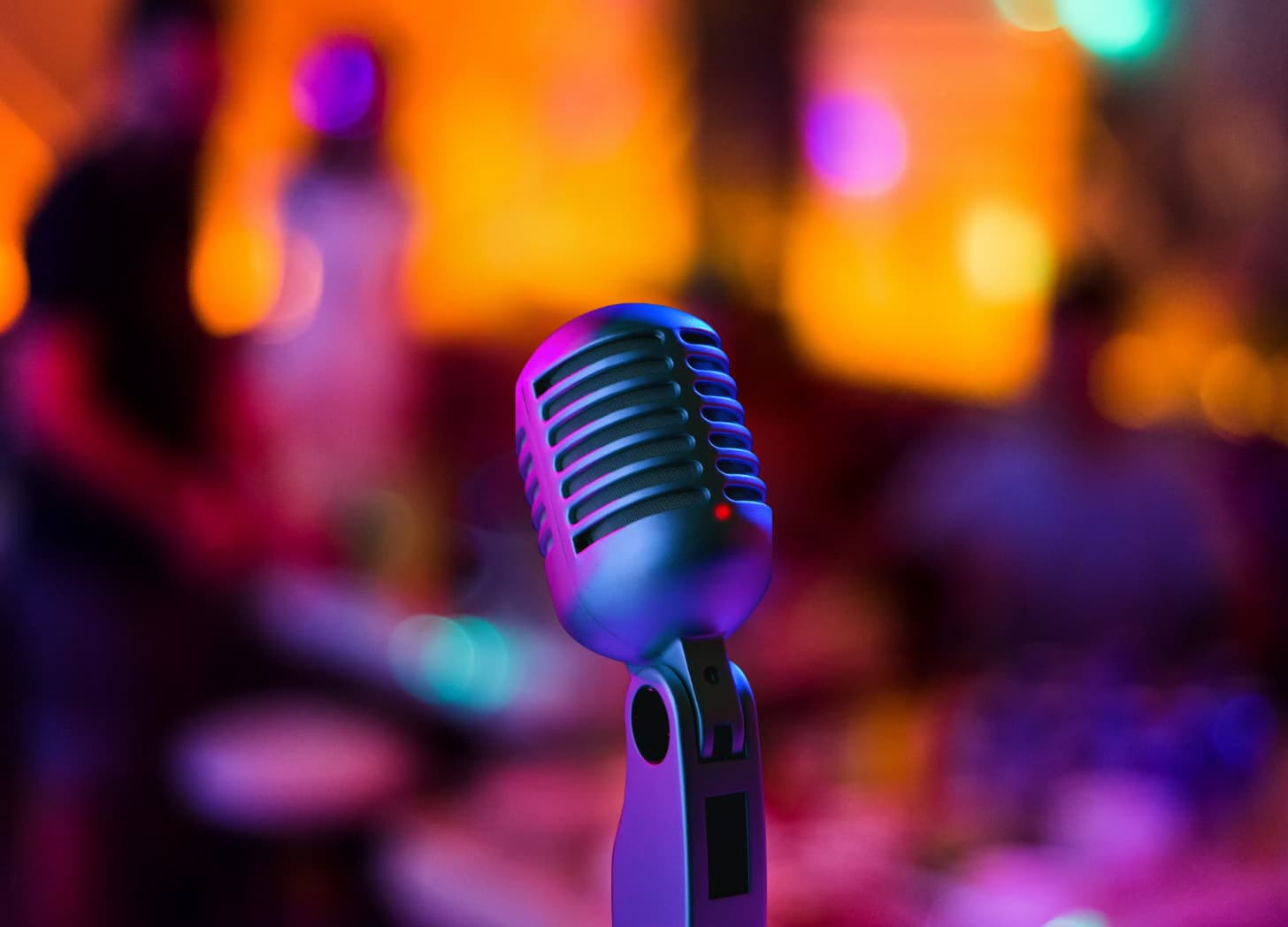The Gay Voice Dilemma: Code-Switching Between Safety & Self
When your natural voice becomes a calculated risk
I caught myself doing it again last Tuesday.
Mid-sentence with a new barista, my voice dropped an octave. The playful lilt that colors my conversations with friends flattened into something more angular, more acceptable. My hands, which had been gesturing freely moments before, folded into my pockets like secrets.
The shift happened without thought, as automatic as blinking in bright light. Only when I walked away with my coffee did I realize what I'd done. I performed that familiar magic trick where parts of myself vanish to keep strangers comfortable.
This wasn't fear. Not exactly. The barista wore pronoun pins. But somewhere in my nervous system, an alarm had sounded: unfamiliar male, proceed with caution. My voice obeyed before my conscious mind could object.



